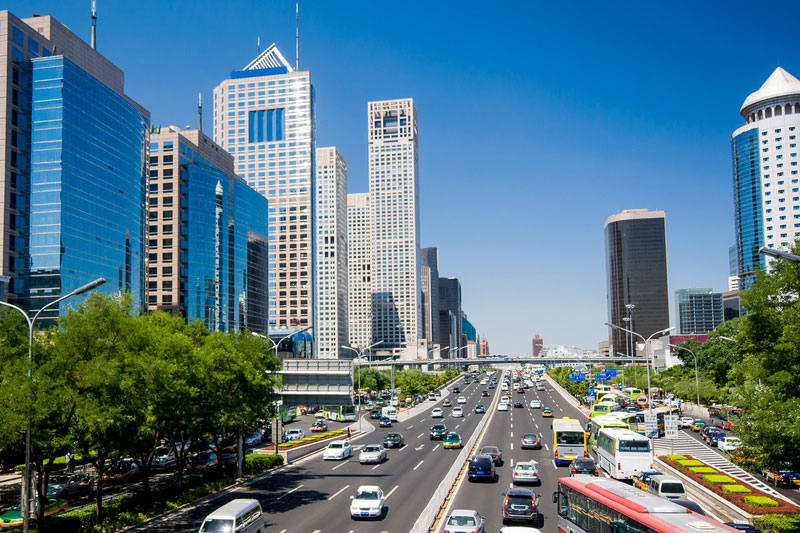By Michelle FlorCruz - The Communist Party’s fourth plenum meeting, which wrapped up in Beijing on Thursday, made clear that economic growth is not at the top of the regime's agenda right now. The party is focused instead on cracking down on corruption and improving efficiency at the local government level.
State-run Xinhua News Agency published the meeting communique highlights, which center around the improvement of China’s “rule of law” by purging corrupt government officials in hopes of building credibility in the system.
“China will work to build a law-abiding government,” the report says. “A mechanism will be set up to record officials who interfere in judicial cases and name them publicly to hold them accountable.”
The government crackdown could potentially hurt local economies that have been greased by bribery.
“The anti-corruption campaign is certainly weighing on economic growth,” said Michal Meidan, associate fellow of the Asia Programme at London-based Chatham House, the Royal Institute of International Affairs.“The temporary power vacuum created by officials being taken away for investigation and subsequent indictments creates delays in project approvals.”
Kickbacks and under-the-table agreements have become a part of doing business, especially at the local level. In fact, data by Pew Research Center shows that in a survey of 44 countries, those in China place the most importance on bribery as it pertains to getting ahead in life. Disrupting this deeply rooted process is likely to have economic effects. “At the same time, the fear of scrutiny also generates caution which could slow economic activity and dealmaking,” Meidan added.
GDP growth in China for Q3 was 7.3 percent, the slowest it has been in the past five years, stirring some concern over a hard economic landing. The central government appears to believe that cleaning up the system is a step toward future economic growth.

“Part of what the plenum is trying to do is institutionalize the anti-corruption efforts and over time build a more transparent and predictable system regulated by rules and regulations [at the local level],” Meidan said. “For now, economic slowdown is a price that the leadership seems willing to pay because the trade-off is restoring its credibility.”
The Party’s communique, issued after the four-day meeting, approved the investigations of a handful of officials already suspected of varying degrees of “disciplinary violations” -- a common euphemism for corruption. President Xi’s anti-corruption drive has been the hallmark of his presidency. Xi’s biggest target is Zhou Yongkang, a retired member of the Communist Party’s Standing Committee and former security chief. While Xi was expected to deliver more details on the fate of Zhou during the plenum, no explicit mention was made.
The plenum communique did not discuss what the government might do to help mitigate the economic repercussions that a local-level corruption crackdown would have. Meidan says that will likely be spelled out later this year during a December work conference.
